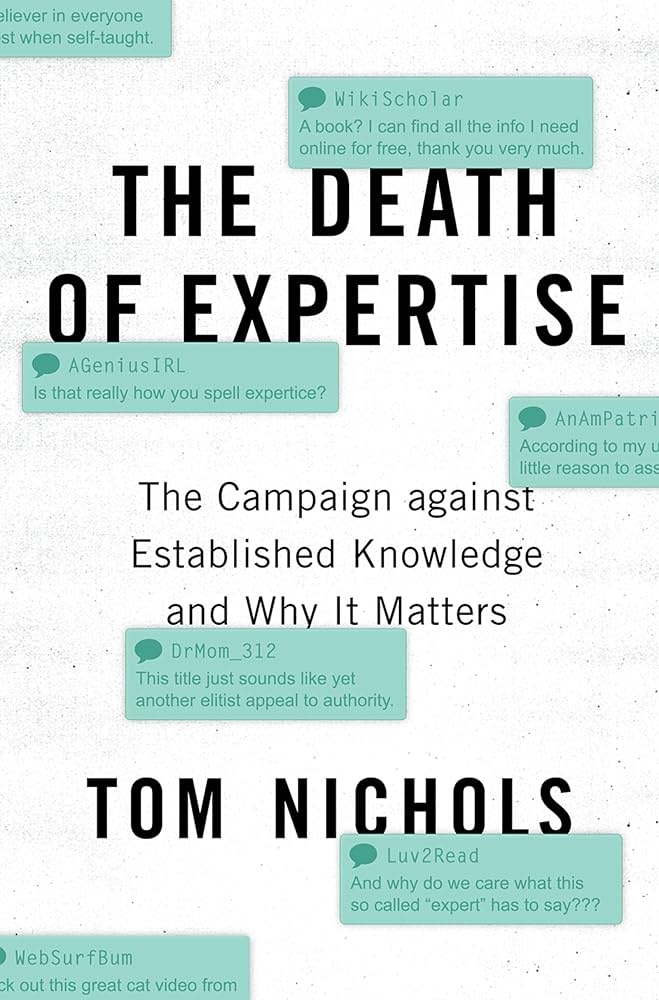
**California’s Revised Vaccine Legislation: Calibrating Public Safety and Individual Convictions**
In a pivotal action directed at enhancing public health, California Governor Jerry Brown enacted a law that notably restricts exemptions for childhood vaccinations. This updated legislation stipulates that religious or philosophical exemptions are no longer acceptable reasons for avoiding mandatory childhood vaccinations. The sole valid exemption now is a medical one, which necessitates a physician’s endorsement.
The law has ignited intense discussions, especially within California’s prominent anti-vaccine community. Influential personalities like Jim Carrey have emerged as vehement critics, likening the legislation to authoritarian governance and inciting debates on social media regarding the law’s repercussions. Carrey’s opposition focuses on concerns regarding vaccine components, such as mercury in the form of thimerosal, despite scientific data refuting these apprehensions.
Public health authorities contend that vaccines are remarkably safe, with adverse effects being infrequent and generally mild. For instance, thimerosal, a substance often referenced in vaccine discussions, is absent in the majority of children’s vaccines. When it does appear, scientific evaluations demonstrate that the levels are negligible and harmless. Furthermore, the claim that vaccines are associated with disorders like autism has been comprehensively disproven by extensive studies, including large-scale research that shows no statistical connection.
The vaccine skepticism, despite significant counter-evidence, reveals a broader issue: public anxiety driven by misinformation and the pattern-seeking behaviors inherent in human thinking. Individuals may identify correlations that are nonexistent, perpetuating lasting debates. Additionally, the historical ramifications of vaccine-preventable illnesses, such as the severe consequences and deaths linked with pertussis (whooping cough) and diphtheria, highlight the vital importance of vaccinations in protecting public health.
Proponents of the law stress that increased vaccination rates lead to herd immunity, safeguarding those who are unable to be vaccinated for legitimate medical grounds. They assert that achieving widespread immunity could ultimately obliterate certain diseases, similar to the eradication of smallpox.
In summary, although the updated California vaccine law has faced backlash from certain groups, it signifies a calculated effort to improve community health by emphasizing evidence-based methodologies. It prompts individuals to reflect on the wider societal advantages of immunization and fosters informed dialogues rooted in scientific inquiry.